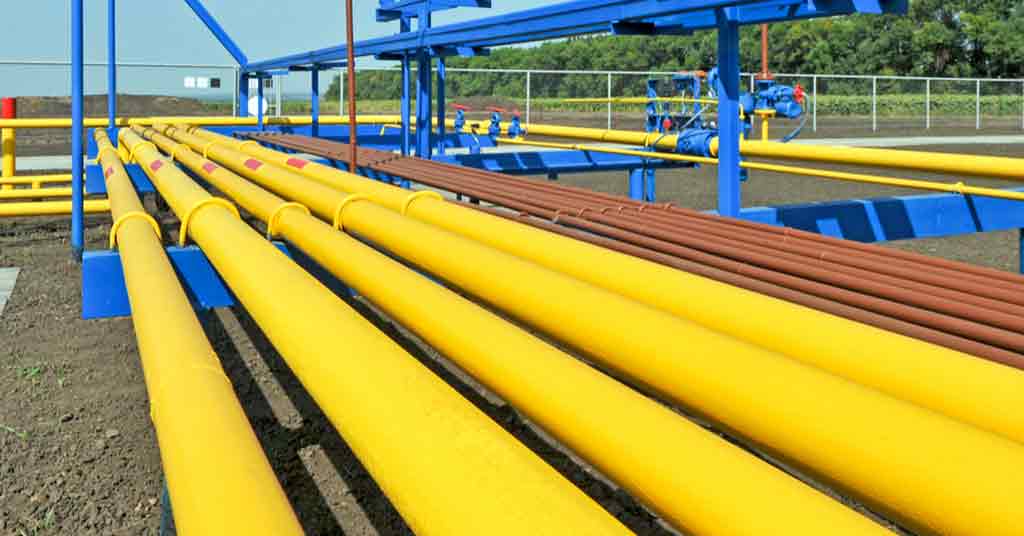Welcome To ChemAnalyst

Southeast Europe is witnessing a significant boost in its regional gas pipeline connections, with multiple countries making strides in enhancing their energy infrastructure.
Hungary and Slovenia, for instance, have entered into an agreement to construct the first-ever gas pipeline linking their territories. Simultaneously, Greece and North Macedonia are in the final stages of preparations for their inaugural gas interconnector project.
This strategic development not only secures alternative supply routes but also opens up the opportunity for these nations to import liquefied natural gas (LNG), emerging as a prominent alternative to Russian gas deliveries via pipelines.
Furthermore, a notable gas interconnector project between Serbia and Bulgaria is nearing completion. Serbian Minister of Mining and Energy, Dubravka Ðedovic Handanovic, recently visited the construction site and revealed that a remarkable 92% of the pipeline route works have already been accomplished. The gas metering stations in Dimitrovgrad and Pirot are nearly finished, with the remaining components in an advanced stage of completion.
In Budapest, Slovenian Minister of the Environment, Climate, and Energy, Bojan Kumer, inked a MoU on the supply of natural gas with Hungarian Minister of Foreign Affairs and Trade, Péter Szijjártó. This memorandum outlines their collaborative efforts in establishing an interconnection between their respective gas pipeline networks.
The key objectives of the memorandum include facilitating the construction of a two-way gas pipeline with a capacity of 50,000 cubic meters per hour or 440 million cubic meters per year, operating at a pressure of 45 bar. Additionally, the ministries commit to expeditiously work on a gas supply agreement between their governments once the interconnection is established.
Minister Péter Szijjártó highlighted that Hungary boasts power transmission connections with all of its seven neighboring countries but lacks gas pipelines. With the signing of the memorandum with Slovenia, Hungary anticipates the completion of an interconnector linking their gas pipeline systems within a two-year timeframe. This interconnection is expected to enhance supply security and grant Hungary access to the Italian gas market.
Furthermore, this development means that in addition to the existing LNG terminal in Croatia, Hungary will gain access to one more LNG source, increasing its energy diversification options.
In a parallel development, Greece's National Natural Gas System Operator (DESFA) and North Macedonia's state-owned natural gas transmission firm, Nomagas, have entered into a contract for the supervision of the construction of North Macedonia's portion of a 123-kilometer gas interconnector connecting the two countries.
This contract pertains to overseeing the construction of a 68-kilometer gas pipeline within North Macedonia, with an expected completion date by the end of 2024, according to DESFA, which secured the supervision contract through a competitive tendering process.
The interconnector will span from Nea Mesimvria to Negotino via the Evzoni/Gevgelija "crossing." Initially, it will have a capacity of 1.5 billion cubic meters per year, with the potential for expansion to 3 billion cubic meters per year. DESFA has also emphasized that studies have been conducted to ensure that the pipeline can meet the necessary requirements for transporting green hydrogen, marking a forward-looking approach to energy infrastructure in the region.
We use cookies to deliver the best possible experience on our website. To learn more, visit our Privacy Policy. By continuing to use this site or by closing this box, you consent to our use of cookies. More info.
